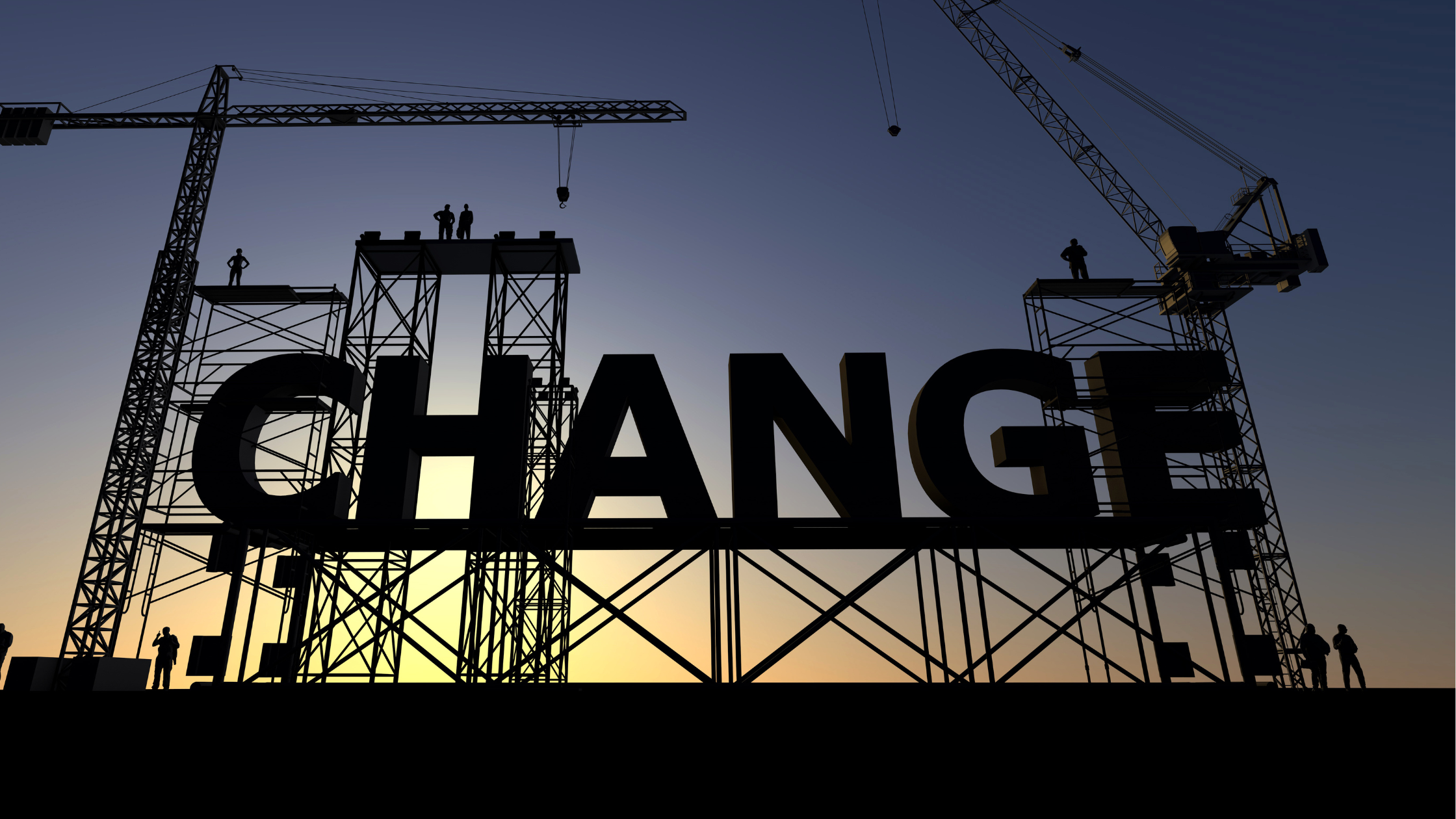Having spent over 20 years working in Adelaide’s commercial construction industry, I’ve seen this sector evolve in so many ways.
Working in recruitment, we often inadvertently become perfectly positioned to see changes as they unfold – either because clients are going to market to address new ‘gaps’ that have opened due to change, or because the briefs are met by the market with quite different expectations.
Recently I’ve been finding myself right at the intersection of both, amidst changing expectations that I believe are fundamentally changing the way that the commercial construction industry has operated to-date.
The change?
A new workforce generation that brings with them new expectations for their careers, and the role that work plays in their life.
The Changing Workforce Expectations
Let’s be real—long hours and hard yakka have been the norm in construction for decades.
But the upcoming workforce comes with challenges to the status quo, and a strong focus on putting work-life balance front and centre.
For many, 10-hour days, 6 days a week is not an expectation they have any ambition to rise and meet.
Often, talented candidates are asking if the location of the site is known – because saving an hour a day in travel means an extra hour with their real passion in life (whatever that may be!).
And no longer can safety just mean physical risk – there is an expectation of psychological safety, and a stronger mental health focus, as well as training to ensure that those responsible can continue to rise to stricter regulations.
Constructing a New Normal
The Construction industry has never been one to stand still – change and evolution are literally built into its foundations.
So, like the many changes that have come before it, this is just another shift that needs to be navigated.
While I understand it can be difficult to accept that a business must adapt to attract and retain talent, I do believe that businesses that embrace these changes and find ways to blend flexibility with efficiency will come out on top.
Only by adapting to the new expectations of today’s workforce can we build not just the city’s skyline, but its workforce for tomorrow. The industry’s ability to innovate in this space will determine whether we can attract and retain the best people—and ultimately, continue to deliver exceptional projects.
